46 pages • 1 hour read
Zora Neale HurstonMoses, Man of the Mountain
Fiction | Novel | Adult | Published in 1939A modern alternative to SparkNotes and CliffsNotes, SuperSummary offers high-quality Study Guides with detailed chapter summaries and analysis of major themes, characters, and more.
Themes
The Presence of God’s Power in Nature
Within the world of Moses, Man of the Mountain, the presence of God in nature is universally acknowledged. The Egyptians see gods in hawks, calves, and other wild animals. Jethro leads Moses to worship a god living on Mt. Sinai, and teaches him to identify God’s presence on the mountain. This link between God and nature forms an important thread connecting the religious experiences of characters of different backgrounds. Hurston’s introduction of Amram, the enslaved father of Aaron, Miriam, and perhaps Moses, is indicative of her thematic interest in the presence of God in nature. As Amram works under the “brilliant, cloudless, Egyptian sun” (12), his Egyptian overseer loudly praises “Horus, golden god! Lord of both horizons! The weaver of the beginning of things” (12). The inclusion of this prayer to the hawk-god Horus at the beginning of Hurston’s novel emphasizes the powerful presence of God in nature. For the Egyptians, the sun was a divine presence that had the power to begin the day and guide human activity. Repeated references to Horus throughout the novel (41, 51, 74, 180) provide evidence of the link between the presence of the divine and nature in the imagination of Hurston’s Egyptian characters.
Related Titles
By Zora Neale Hurston
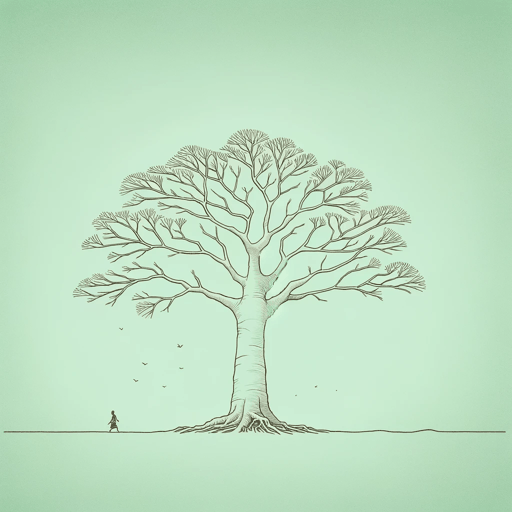
Barracoon: The Story of the Last "Black Cargo"
Zora Neale Hurston
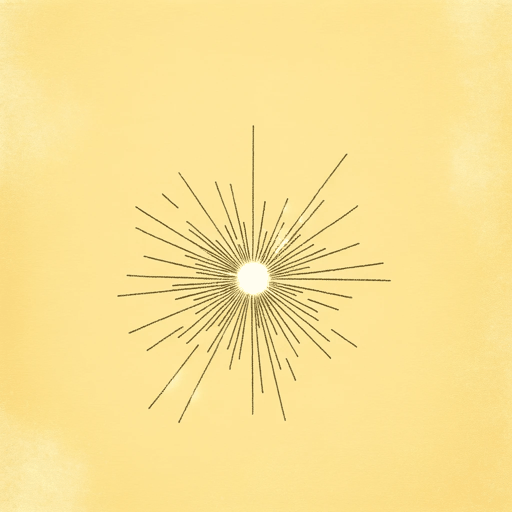
Drenched in Light
Zora Neale Hurston

Dust Tracks on a Road
Zora Neale Hurston

Hitting a Straight Lick with a Crooked Stick
Zora Neale Hurston

How It Feels To Be Colored Me
Zora Neale Hurston

Jonah's Gourd Vine
Zora Neale Hurston

Mule Bone: A Comedy of Negro Life
Langston Hughes, Zora Neale Hurston
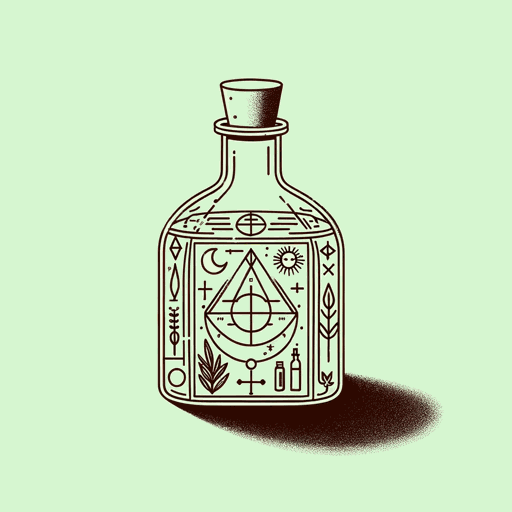
Mules and Men
Zora Neale Hurston

Seraph on the Suwanee
Zora Neale Hurston

Spunk
Zora Neale Hurston
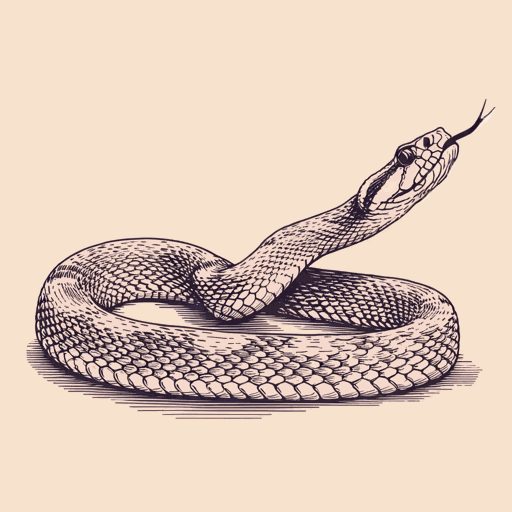
Sweat
Zora Neale Hurston
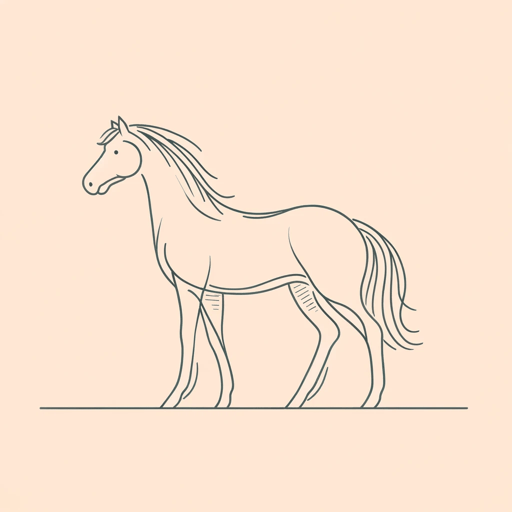
Tell My Horse: Voodoo and Life in Haiti and Jamaica
Zora Neale Hurston

The Eatonville Anthology
Zora Neale Hurston

The Gilded Six-Bits
Zora Neale Hurston
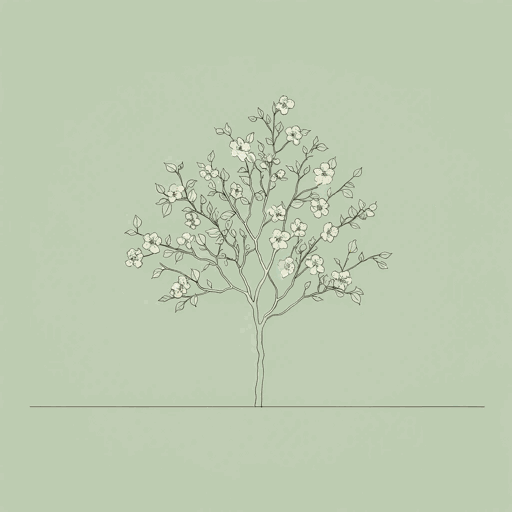
Their Eyes Were Watching God
Zora Neale Hurston

